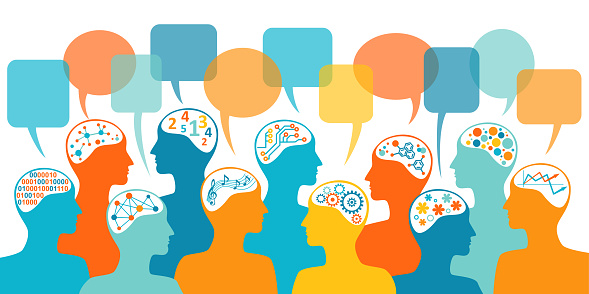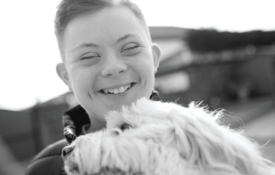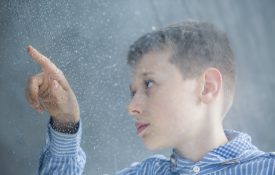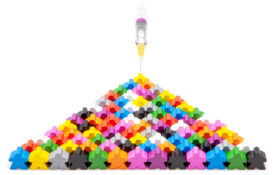
Özge Gürcanlı Fischer-Baum explores how greater awareness of neurodiversity has influenced great (but not enough) change in research, advocacy, and cultural expectations.

In this episode of Under the Cortex, APS’s Ludmila Nunes and Andy DeSoto discuss five recent articles that examined cognitive control in lemurs, ADHD, how attitudes and biases changed in the last decade, and much more.

Lesson plans about the emotions within and between us and the positives of autism, ASD, and other psychological disorders.

Research on autism spectrum disorder (ASD) published in various APS journals between 2017 and 2021 in recognition of Autism Acceptance Month.

Conversations about the health disparities facing people with intellectual and developmental disabilities and disorders, and how to combat them, are long overdue.

People with autism spectrum conditions are often less sensitive to contextual information in perceptual tasks, but this may lead to more consistent choices in high-level decision-making tasks.

Finding from a clinical study challenge the hypothesis that impaired attention might be at the root of autism symptoms.

Many people speculate that individuals with autism spectrum disorder may be more susceptible to emotionally arousing content found in violent video games, but research suggests the opposite.

It is critical that the entire I/DD population gains access to priority vaccines, writes developmental psychologist Emily Hotez.

APS Fellow Stephen P. Hinshaw received the Rhoda and Bernard Sarnat International Prize in Mental Health for his work on attention-deficit/hyperactivity disorder in children.

People with autism spectrum disorder are more likely to be taken in by the so-called vanishing ball trick, where a magician pretends to throw a ball in the air but actually hides it in his hand, a study shows.

A study at Michigan State University shows that parents of children diagnosed with autism spectrum disorder are more likely to access evidence-based interventions if they have large social networks.

Brain imaging is enabling scientists to examine neural activity associated with our ability to distinguish the self from others, which stands to improve the diagnosis of autism spectrum disorder in children..

Measuring tiny eye movements may help scientists better understand and eventually improve assessment of ADHD

While any child can become distracted in this way, a study found that the minds of children with untreated ADHD were more likely to simply go blank.

Exploring the realities behind the effects of sugar illustrate many psychological concepts, including hunger, evolution, and psychopathology.

Adults may "explain away" symptoms of childhood disorders that present in an otherwise positive environment.

A special section in Clinical Psychological Science highlights the different approaches that psychology researchers are taking to understand the many ways in which nutrition and mental health intersect.
